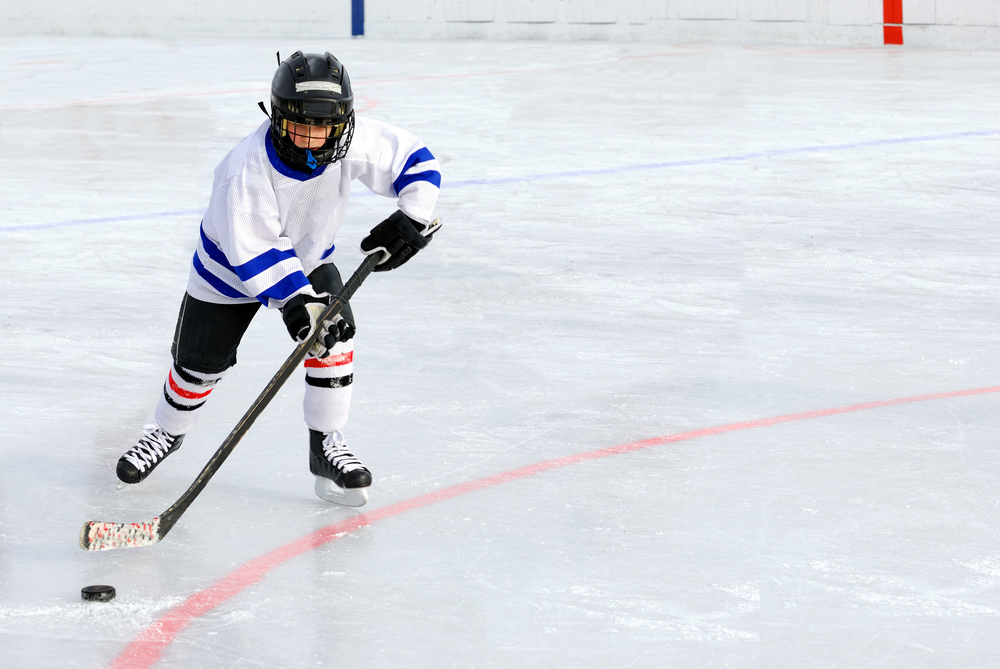Concussions May Affect Kids for Months

In children who suffer concussions, the effects of the injury may linger for months, a new study says.
Researchers studied 30 children between the ages of 10 and 17, performing brain scans and administering cognitive tests. Half of the children had recently suffered concussions in which they'd lost consciousness and shown an altered mental state.
Two weeks after their injuries, children with concussions showed small deficits in their cognition and changes in their brains' white matter, compared with those who hadn't suffered brain injuries. White matter consists of nerve fibers surrounded by the insulating fat called myelin.
But three months later, while the children's other symptoms had disappeared, brain scans still showed changes in the white matter of children who had suffered concussions.
"These findings may have important implications about when it is truly safe for a child to resume physical activities that may produce a second concussion, potentially further injuring an already vulnerable brain," study researcher Andrew Mayer, of the University of New Mexico, said in a statement.
Studies done on adults have shown that the brain's white matter changes after a concussion, but the severity of the changes seen in the children in this study was larger than what studies of adults have shown, Mayer said.
This may mean that children are more susceptible to the effects of brain injuries, he said.
Sign up for the Live Science daily newsletter now
Get the world’s most fascinating discoveries delivered straight to your inbox.
Dr. Christopher Giza, a brain injury researcher at the University of California, Los Angeles, said future studies should investigate whether the structural changes revealed in the brain scans have clinical implications for kids. Giza was not involved in the study.
"Further work is needed to determine whether the changes in white matter present at four months represent a prolonged recovery process or permanent change in the brain," Giza said in a statement.
The study is published Wednesday (Dec. 12) in the Journal of Neuroscience.
Pass it on: The effects of a concussion on a child's brain may linger after their symptoms disappear.
This story was provided by MyHealthNewsDaily, a sister site to LiveScience. Follow MyHealthNewsDaily on Twitter @MyHealth_MHND. We're also on Facebook & Google+.











